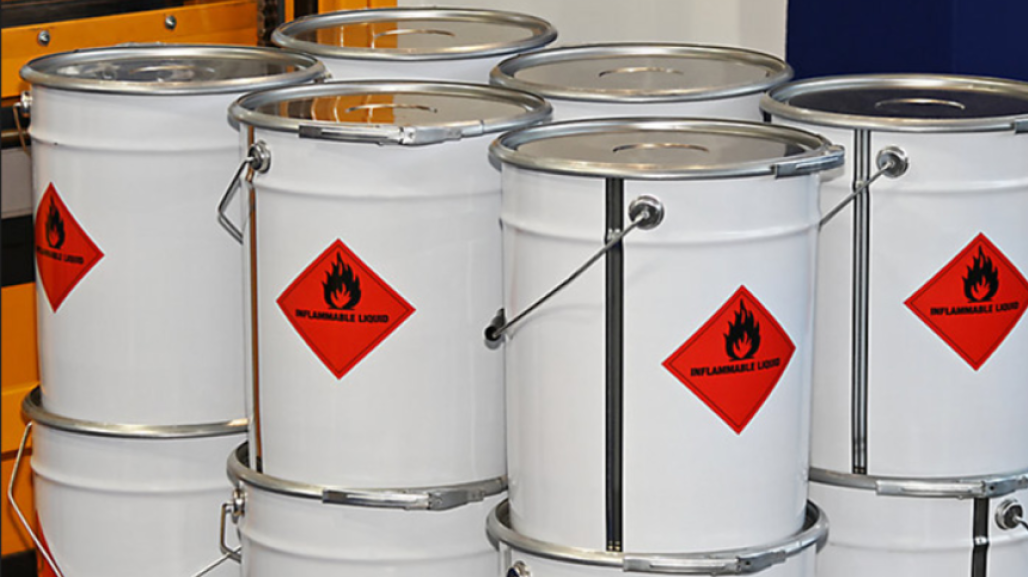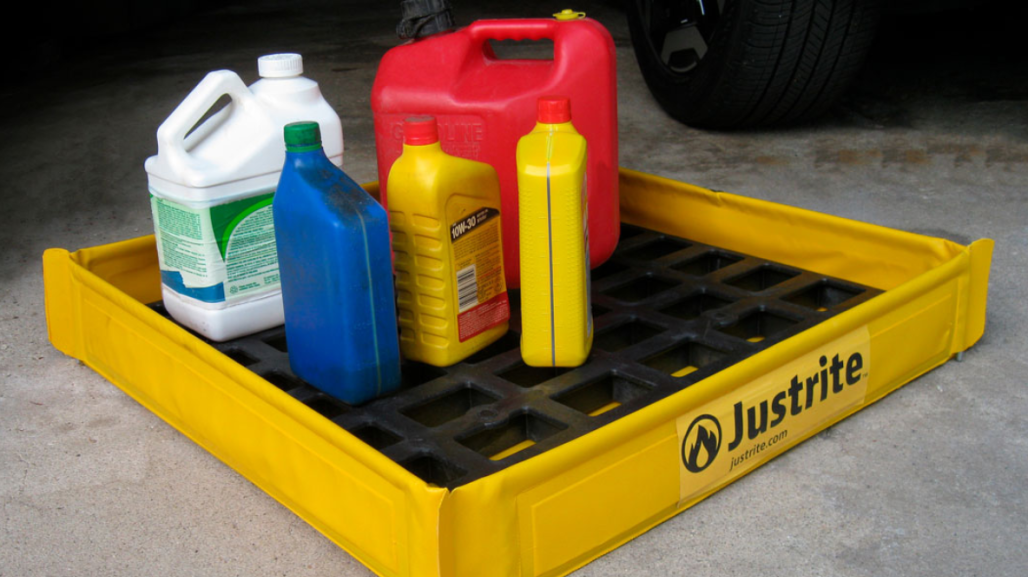Food Safety: Why Ansell Focuses on Alternatives to Vinyl PPE
Glove-maker Ansell is emphasizing safer alternatives to vinyl PPE as health advocates and some regulators fight the material’s use in food processing.
Glove-maker Ansell is emphasizing safer alternatives to vinyl PPE as health advocates and some regulators fight the material’s use in food processing.
Amid growing concerns about the risks of using vinyl gloves in food processing, protective-equipment supplier Ansell is leaning into sales of products made from safer materials such as nitrile.
A synthetic rubber, nitrile is made without plasticizing chemicals known as ortho-phthalates that are used to render vinyl’s brittle molecular makeup pliable enough for products such as gloves.
Because of studies indicating phthalates can impede brain development in children and damage the reproductive system, food safety regulators in both Europe and Japan have tightly restricted their use in materials from food workers’ gloves to containers.
Some states in the U.S. have cracked down, too, and in late 2021, health advocacy groups represented by Earthjustice sued the U.S. Food and Drug Administration, asking a federal judge to force the agency to decide on their petitions to ban the products in food-packaging and processing materials.
“We’ve seen vinyl disappear in the European markets,” says Paul Kerry, senior manager of global industrial business development for Australia-based Ansell, which stopped selling vinyl personal protective equipment, or PPE, in Europe three years ago as demand dwindled.
“We’ve positioned ourselves as a leader in the industry, really wanting to move the industry forward,” and removing vinyl gloves from the company’s European portfolio underscored that commitment, he says.
Such developments have significant implications in the lucrative U.S. market, which comprises about 37,000 food and beverage processing plants employing 1.6 million workers, according to government data.
Many of those businesses are required to provide hand protection such as gloves for their workers under Occupational Safety and Health Administration standards.
The agency issued 69 citations for violating its hand-protection rule last year, garnering $152,089 in penalties. The food services and accommodation industry ranked second among the sectors fined most often.
Altogether, the U.S. and the rest of North America account for 41 percent of the $1.3 billion in PPE purchased by the food processing industry every year.
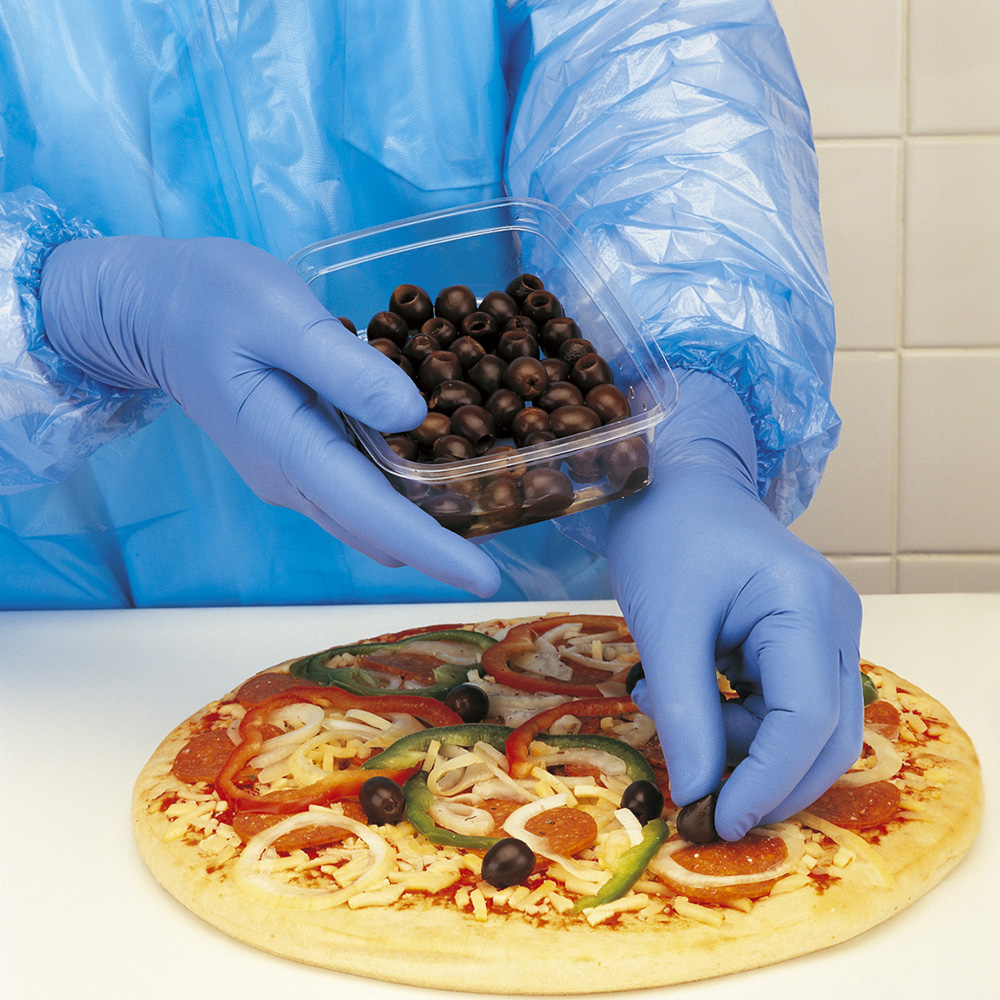
Ansell, a 125-year-old company, caters to that market and its specialties with products designed not only to protect workers from injury but also guard the food they handle from biological contaminants, toxic chemicals and allergens.
In certain cases, selecting the proper PPE for food manufacturing is made trickier because mixing of materials creates a higher risk than individual subtances pose on their own.
Vinyl PPE, for instance, “should not be used with fatty food” in any scenario, Kerry says. “When it is, it instantly starts to leech and migrate at a quicker rate than it would with non-fatty food because of the microbes present in fatty foods.”
Ansell helps businesses identify food safety risks and other issues with its Guardian on-site workplace assessments, visits during which consultants recommend which types of gloves will best keep employees’ hands and arms safe.
Alternatives may range from nitrile to cut-resistant, electrical protection or impact gear, the company says.
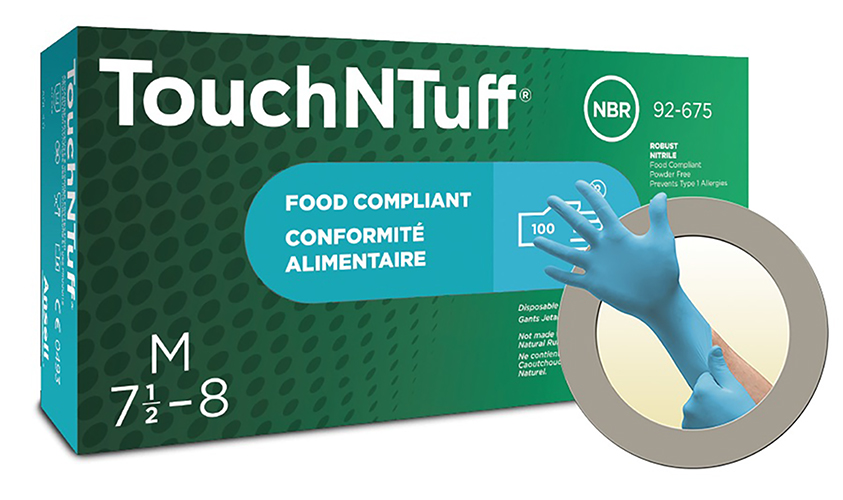
Ansell gloves intended primarily to prevent food contamination, marketed for settings where the risk of personal injury is low, include the company’s top-of-the-line MICROFLEX XCEED thin nitrile glove that limits tactile-sensitivity loss, the multipurpose disposable MICROFLEX COBALT and the TouchNTuff with fingertips designed to enhance grip.
Nitrile is the material preferred by many customers, Kerry says, partly because it’s stronger.
“Because of the way it’s made, vinyl is weak and you get a lot of breakages when you’re donning the glove,” he explains. Nitrile fits more snugly, especially around the wrist, is more tactile and doesn’t leave wearers’ hands as sweaty.
“Some of the food processors I’ve worked with really like nitrile because when they’re dealing with fish, for instance, workers can feel the small bones when they’re filleting to ensure there are no bones in the product,” Kerry adds.
Frequently, when gloves are used on a job for which they’re not suited, it’s because of pricing pressure combined with communication breakdowns.
“The procurement department sees an attractive price, and they may be being told by someone on the other end of the phone that, ‘It’s fit for purpose, it’s food-safe, you’re good to go,’ when, actually, they’re not looking at the bigger picture,” he says.
Price has become an even more important consideration as inflation surges.
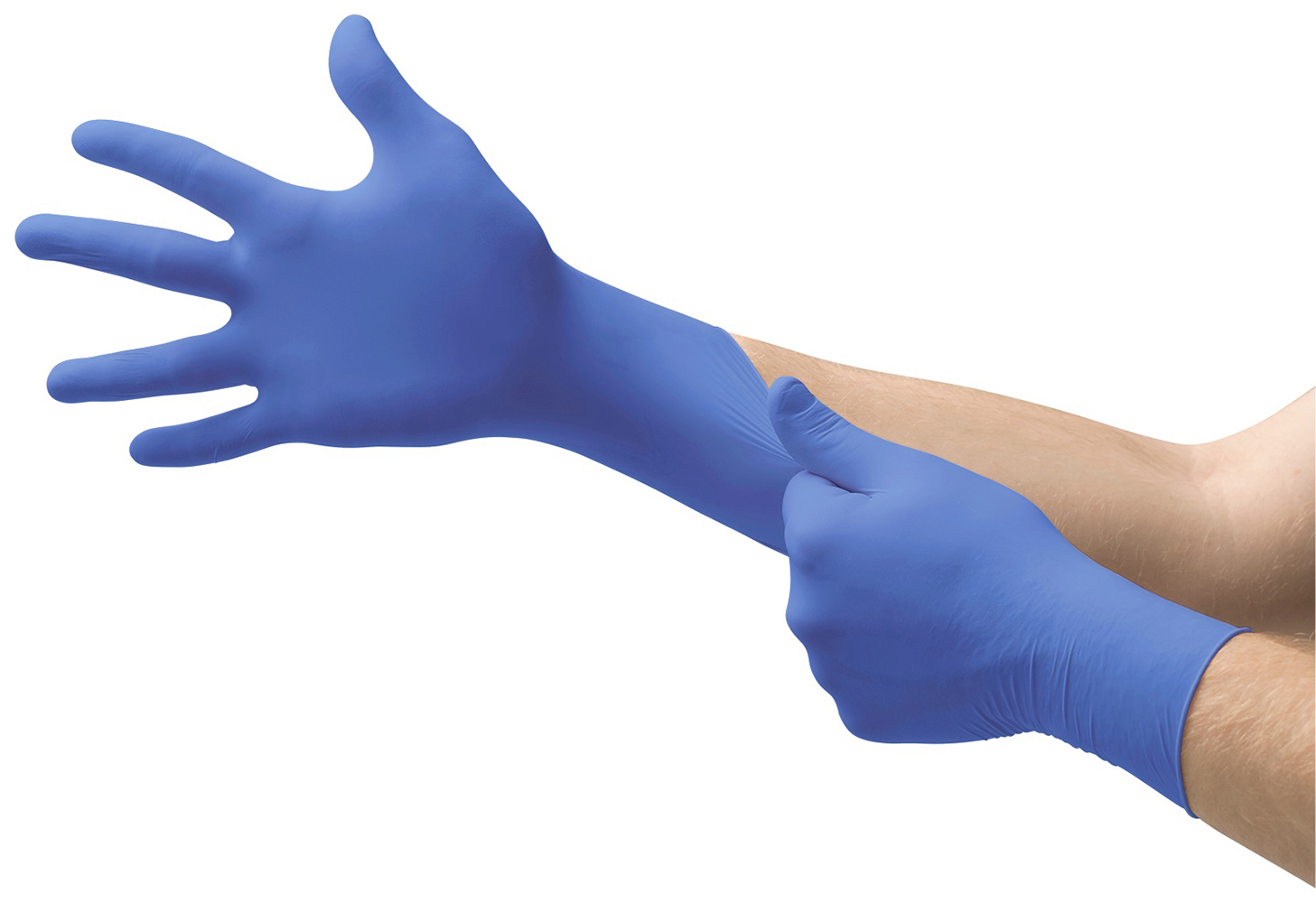
“Food companies are seeing rising costs for fuel, commodities, feed and, of course, labor,” so even small savings on a product they need to buy in bulk are significant, he says.
Nonetheless, buying the correct gloves in the beginning lowers the odds of costly fines, potential recalls and lawsuits over a contaminated product later, Kerry says.
Occasionally, food processors who took the risk and experienced safety breaches called Ansell afterward and said, “‘We’re willing to listen now’ because it can cost them major contracts,’” Kerry says.
What are your biggest considerations when choosing safety gloves? Tell us in the comments below.
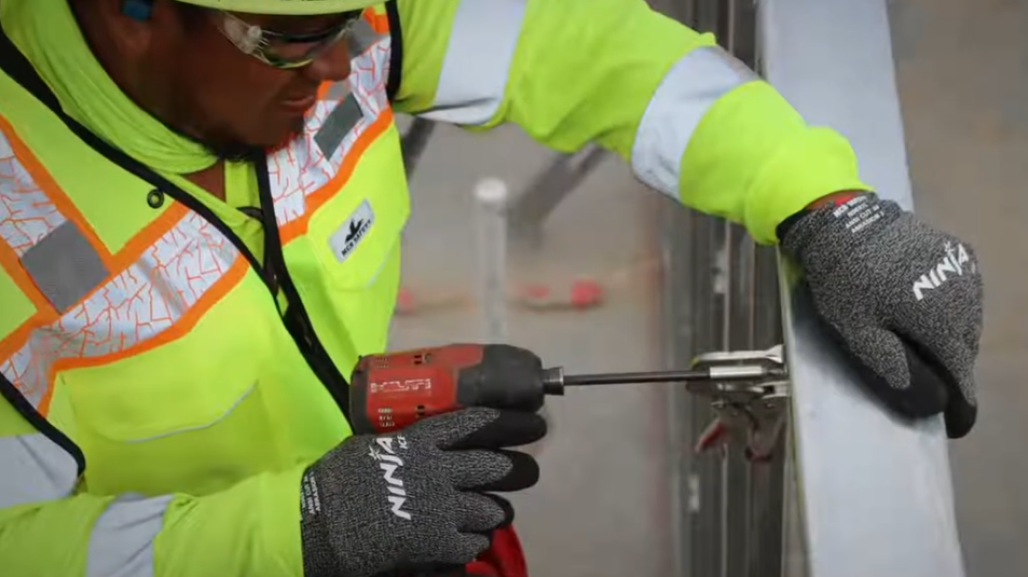
![Why the Cheapest Safety Gloves Aren’t Always the Smartest [Infographic]](https://images.ctfassets.net/5j4ln2up7bt7/2gVEyRZylkBIlvTDtTRRc7/dde0c00e4846d6a88d56a7a68f09332a/mcr-PD5931_action4571-thumb.jpg)
